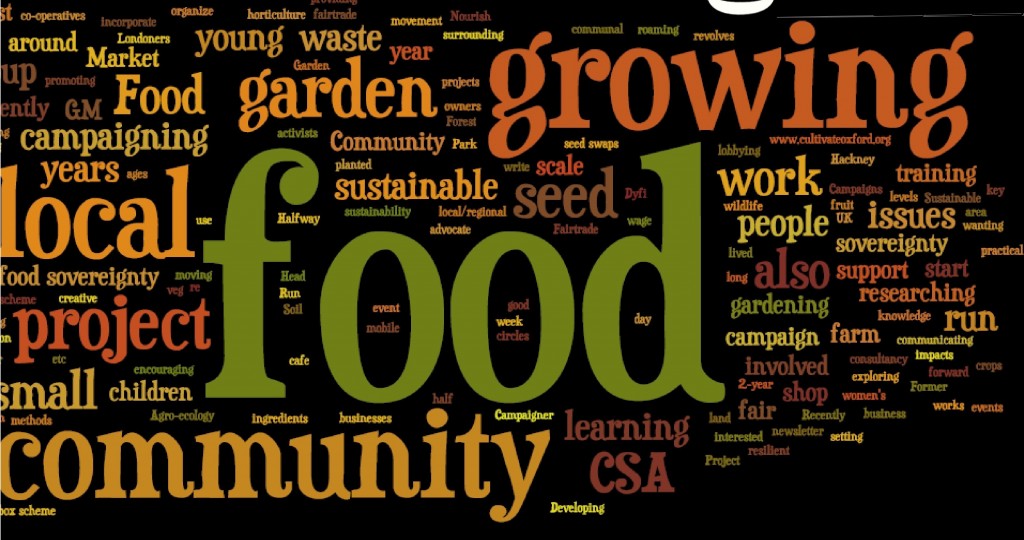Food Fight: Why Debate over 'Food Sovereignty' Continues

- Even though the Maine Senate voted last week against a proposed amendment to the Maine Constitution that states every individual has a "natural and unalienable right to food," supporters of the change are not giving up the fight.
The idea of "food sovereignty" is a hot-button issue in Maine, where many people have said they would like to have the ability to buy and sell food that is locally produced without the interference of government regulations. Many towns around the state are adopting local food sovereignty ordinances, with the town of Liberty in Waldo County becoming the 17th municipality in Maine to adopt such an ordinance last weekend at its annual town meeting.
"Senators' phones are ringing off the hook this weekend," Betsy Garrold, the president of the board of directors of Food for Maine's Future, said Saturday. "I've been told that this is one of the really rare bills that they're getting phone calls and emails about. [The amendment] is a way to rebuild the local food infrastructure. It's a way to rebuild communities."
But perhaps the only thing certain about LD 783, which was proposed last year by Rep. Craig Hickman, D-Winthrop, is its ability to generate passionate opinions in both supporters and opponents.
It has been a roller-coaster week for the proposed amendment, which requires a two-thirds majority in each chamber for passage. Last Monday, the Maine House voted 97-45 to send the bill to the Senate, but senators on Wednesday voted it down by 18 to 13. The following day, the Maine House insisted that it ought to pass, which means that the proposed amendment will be sent back to the Senate for another crack, perhaps as early as this week, according to Garrold.
But staunch opponents like Rep. Jeff Timberlake, R-Turner, owner of Ricker Hill Orchards, one of New England's largest apple farms, said that his mind won't be changed about the proposed amendment. He believes that food safety regulations establish standards for sanitation of equipment, tools and facilities to prevent foodborne illnesses, such as botulism and E. coli.
"I think it's an outright disaster for the state of Maine," he said of the proposed amendment. "My personal opinion is that this is all about people's right to sell food to whoever you want to sell food to -- that people should have a right. And I'll tell you that people do have a right. They have a right to safe food."
If the proposed amendment is accepted by senators on its second go-round, it will still need to be ratified by voters at referendum.
"Every individual has a natural and unalienable right to food and to acquire food for that individual's own nourishment and sustenance by hunting, gathering, foraging, farming, fishing or gardening by barter, trade or purchase from sources of that individual's own choosing, and every individual is fully responsible for the exercise of this right, which may not be infringed," the proposed amendment reads.
Hickman, who advocates for Maine's burgeoning local food movement and operates Annabessacook Farm in Winthrop, said last April during a public hearing in front of the Legislature's Agriculture, Conservation and Forestry Committee, that it is critical to guarantee the right to food. …